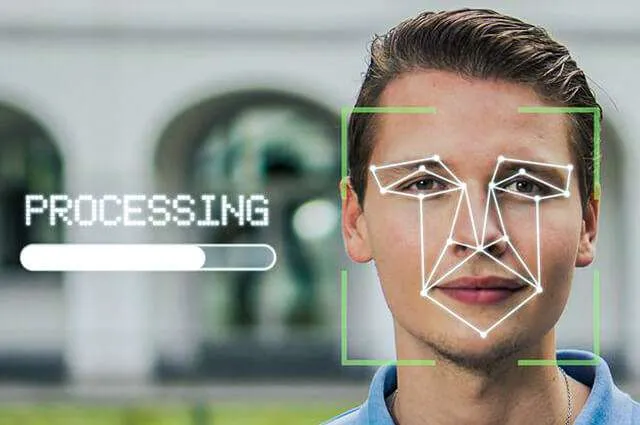Facial recognition technology is transforming how law enforcement addresses crime, with more than 800 arrests made to date. While authorities commend its effectiveness in identifying suspects and finding missing persons in real time, the increasing reliance on this technology has ignited discussions about privacy and ethical implications.
Proponents believe that facial recognition is a vital tool for enhancing public safety, allowing for quicker identification of offenders and more efficient investigations. Its uses range from detecting wanted criminals in busy areas to preventing fraud, making it an integral part of modern life.
On the other hand, opponents caution against the dangers of misuse and potential breaches of privacy. Issues such as data security, racial bias, and insufficient transparency have prompted demands for tighter regulations and oversight regarding the use of this technology.
As facial recognition becomes more prevalent, the key challenge is finding a balance between ensuring public safety and safeguarding civil liberties. It is essential for policymakers and technology experts to collaborate in creating guidelines that promote ethical and responsible implementation.





